Q+A: Will "land grab" rules benefit developing countries?
- Reuters
- 14 July 2010
Opponents of land grabbing say the capital, technology and expertise from large land investments are unlikely to trickle down to poor farmers.
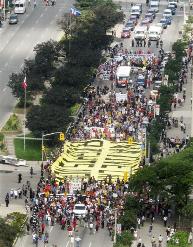
Opponents of land grabbing say the capital, technology and expertise from large land investments are unlikely to trickle down to poor farmers.

The Chinese firm COMPLANT will purchase the Jamaican government's remaining sugar assets and lease 18,000 ha of the island's cane land for 50-75 years.

Growing world food insecurity is ushering in a new geopolitics of food scarcity, one where competition for land and water is crossing national boundaries.
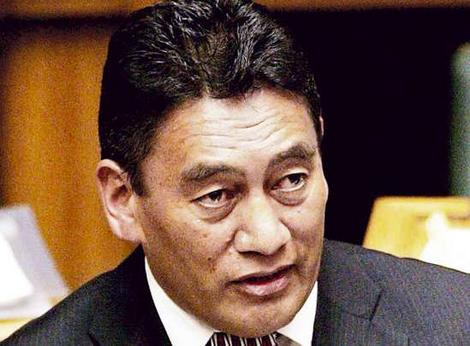
Maori party maverick MP Hone Harawira wants to ban the sale of New Zealand land to foreigners.

A behind-the-scenes account of the struggle of a local community in Kenya to protect their livelihoods, as US-owned Dominion Farms takes their lands.

Most other countries have much tighter controls over foreign investment than New Zealand.
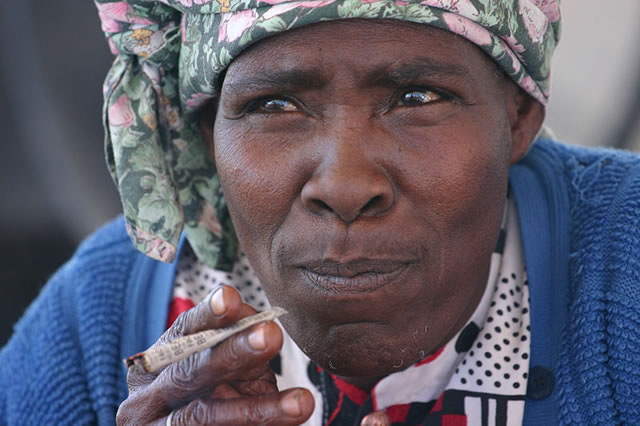
Namibia has not been spared in the proliferating acquisition of agricultural land in developing countries by multi-national agricultural corporations, popularly referred to as ‘land grabbing’.

Interviews about the current land grab in the Oromia and Gambela regions with some of the presenters at the London workshop.

Jagjit Singh Hara, a farmer in Jalandhar, has been getting offers from Congo, Namibia and Nigeria to take land on lease and start cultivation.
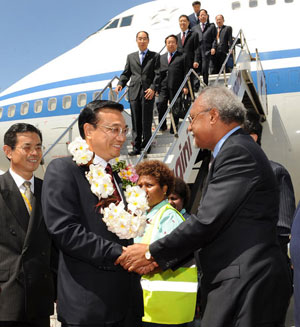
"We have Indonesians and Malaysians coming in and saying we want 100,000 hectares to make PNG a rice producing country," says PNG’s Deputy Prime Minister Sir Puka Temu

The Asian Development Bank is warning the region's rural sector could be expoited by international investors as concerns about global food and fuel security intensify.
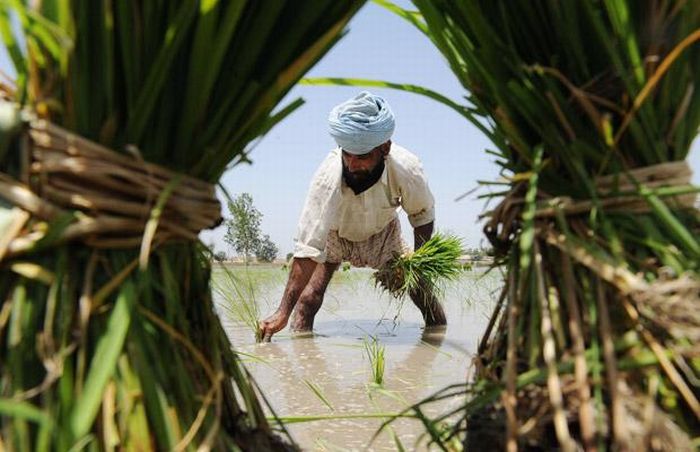
A group of farmers from Punjab are planning to take 1 lakh hectare land on lease in the African nation of Ethiopia for cultivation.